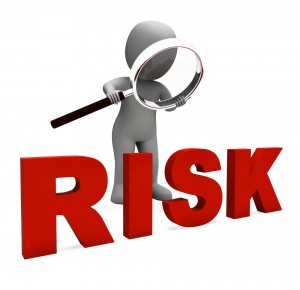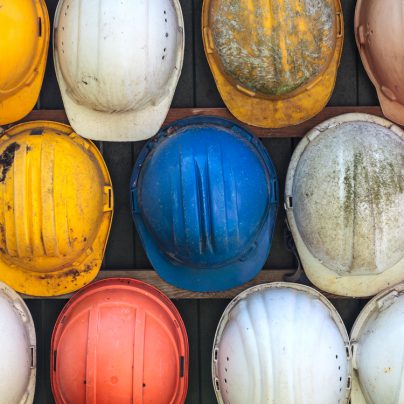 Are You Exposed to These Lethal Occupational Diseases?
Are You Exposed to These Lethal Occupational Diseases?
You might be taking all the care in the world around ladders, keeping an eye out for dodgy scaffolding and giving a wide berth to blatantly dangerous machinery.
But sometimes the biggest risks in the workplace are glaringly obvious – and we still manage to act totally oblivious to them!
You’re not the only one though. Over a million people were suffering from work-related illnesses in the past year alone – so occupational disease isn’t exactly a small problem.
In fact – it can be a pretty serious issue – for many workers, those illnesses can have major consequences on their life – impacting them permanently. It can even result in premature death.
So maybe, just maybe – it’s worth taking occupational disease a little more seriously?
There are plenty of hidden threats to your health and safety, wherever you might be working. That doesn’t mean you should be paranoid about every possible risk – but it does mean you might want to start thinking about those less obvious threats.
Knowing the signs of an occupational disease can help you tackle them early on. Here are 3 of the most common ones:
- Respiratory diseases
Are you breathing in airborne toxins and chemicals?
We usually think of those as toxic fumes and noxious gases. But in fact – if you’re breathing in anything that shouldn’t normally be in the air – that includes anything from wood or stone dust, poultry dust and chemical fumes – then you’re risking the chance of developing a respiratory disease.
These basically affect any part of the breathing system – including your mouth, nose, lungs and all the connecting parts in between.
How do you know if you’ve got a potential problem?
Look out for the early warning signs: shortness of breath, heavy, continuous coughing and painful breathing all indicate early respiratory problems and should definitely be checked out.
- Skin diseases
Did you know that your skin is your biggest organ? Or that it accounts for nearly 20% of your overall body?
Despite that, we often take less care of it that we should – skin diseases are some of the most common workplace illnesses.
While we usually take precautions around obvious harmful substances, there are plenty of other things that can still cause damage, especially with repeated exposure.
That includes things like wet work – when you’re dealing with prolonged exposure to water and detergents, or even seemingly innocuous things such as flowers or food – which are not quite so harmless when you have an allergy to them.
The results can be painful and uncomfortable, such as dermatitis or eczema, or have serious long-term impacts – such as skin cancer.
To protect yourself, you should always make sure there is suitable protective equipment available. If you do see signs of itching, redness or dry skin, get advice immediately to prevent the problem from getting worse.
- Noise-induced hearing damage
Noise is one of those things that we usually dismiss with a shrug as a bit of annoyance.
But when it starts to go beyond safe levels of volume, it can pose a serious and permanent threat to your hearing. And your hearing is something you really shouldn’t take lightly.
Because once it’s lost – there’s nothing you can do to recover it.
Of course, unless your job involves sitting in a sound-proof room, then you’re going to be exposed to noise wherever you are. You can’t get away from it! From outside traffic to the constant hum and rattle of equipment and machinery, it’s almost always there.
So when does it become more than just a pest? If you regularly experience any of the following, then you should take steps to review your hearing:
- intrusive and constant noise, such as a busy street, crowded restaurant or machinery, for a significant part of your working day
- needing to raise your voice to have an audible conversation with someone 2m away or closer
- using noisy powered tools for at least half an hour a day
- being exposed to noises from impacts such as explosions, hammering or detonation
If you start to experience muffled hearing or ringing ears at the end of the workday, find it difficult to talk on the phone or follow conversations, or even if you find people complaining that you have the TV on too loud, then you should definitely have your hearing checked out.

A chartered (fellow) safety and risk management practitioner with 20+ years of experience. David provides a healthy dose of how-to articles, advice and guidance to make compliance easier for construction professionals, Architects and the built environment. Get social with David on Twitter and Linkedin.




2 Comments
The effects of noise pollution are monumental. Scientific studies show it damages cognitive growth in children to the same ratio we are now experiencing on a national level for depression. Health and safety refuse to take responsibility or discuss the forced use of beeping alarms that are destroying our health. Even though these alarms help only one 200,000 people in relation to the people they negatively impact upon. Until people can stop health and safety there will be no end to the slow decay of mental health. Of course this can’t be proved in court for a liability claim unlike a broken leg. So until we change the process of liability claims mental health will continue to be annihilated.
Sounds interesting can you provide the sources of information and research please